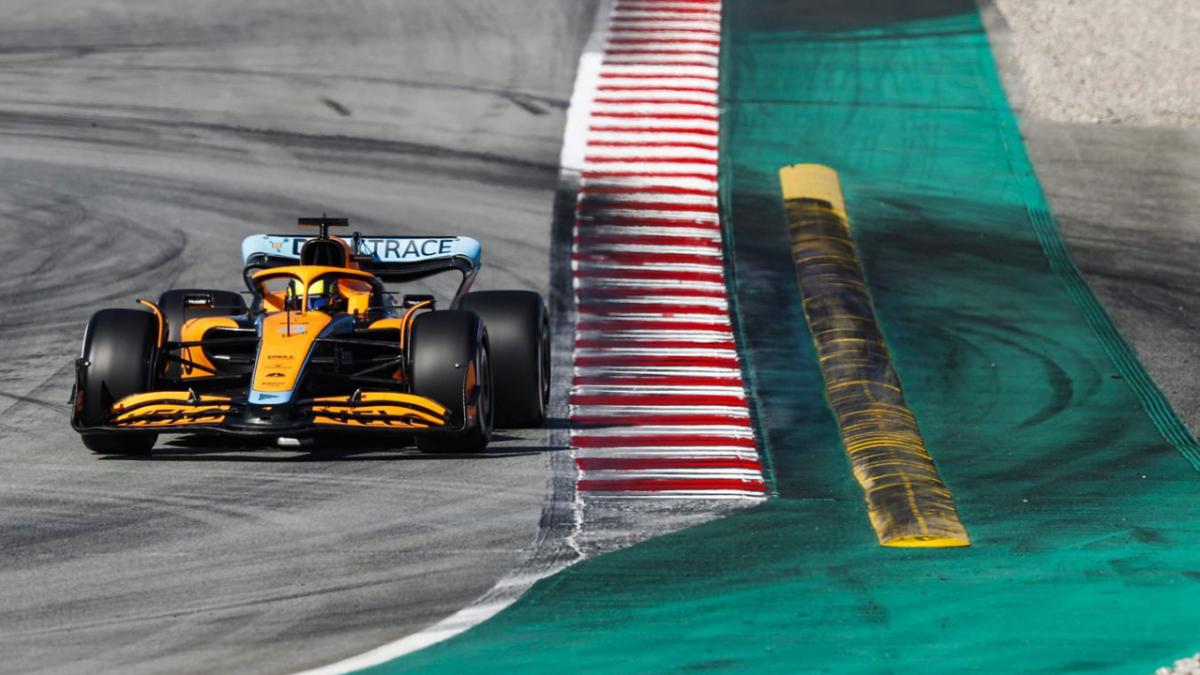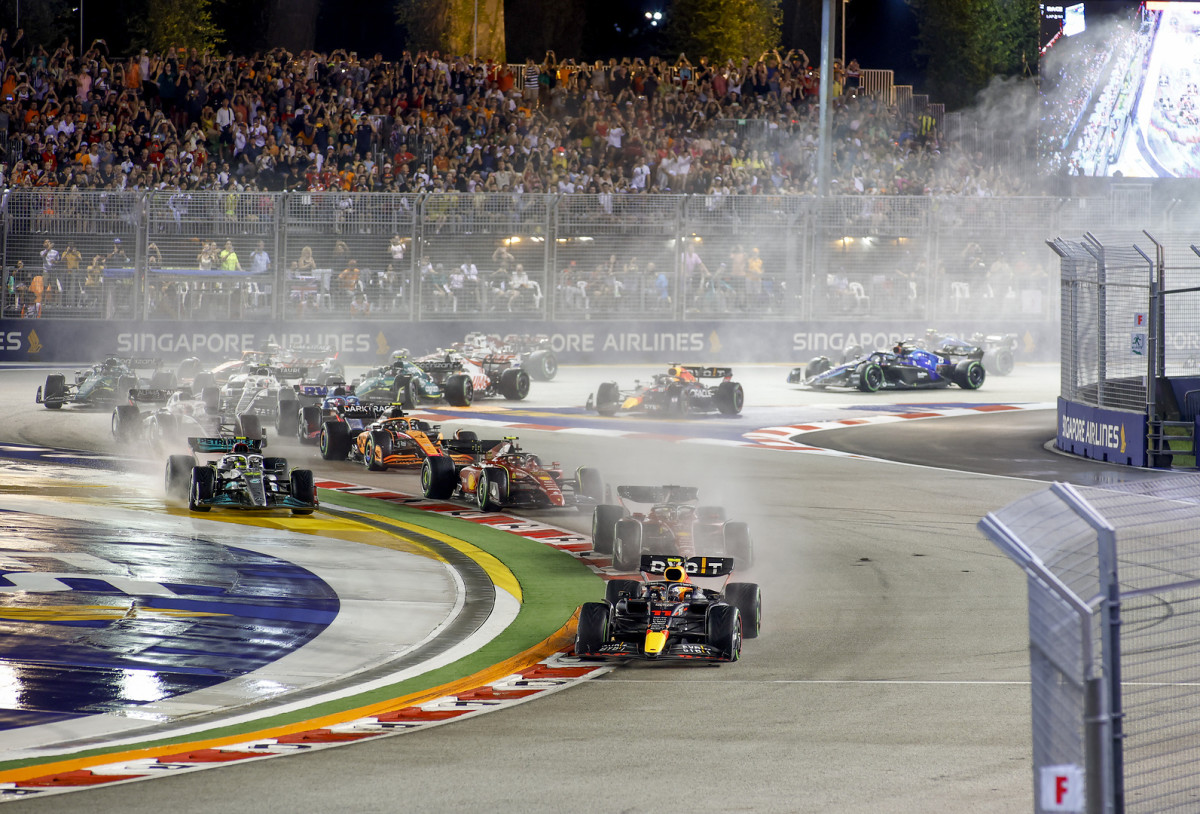F1 News: FIA Tests 'Computer Vision' AI System In Abu Dhabi To Enhance Infringement Policing

The FIA revealed that it plans to test the 'Computer Vision' Artificial Intelligence system in Abu Dhabi this weekend to enhance the policing of track limits violations in Formula One. The system will also reduce the time taken to identify and process infringements.
The governing body intends to improve the speed by which track limits are processed. The system utilizes shape analysis to do its job by scanning the pixels on the video feed to judge F1 cars when they breach track limits.
Listen To The Latest Driven Mad Podcast Episode
The aim is to improve the effectiveness of judging and shortlisting violations that will then require final checks by a human before a penalty is handed over to the driver for going beyond track limits.

The implementation of the AI system is expected to reduce the number of track-limit incidents requiring assessment at the FIA's Remote Operations Centre (ROC). This, in turn, should significantly decrease the time taken for the reporting of a breach and its subsequent ruling.
Head of ROC Tim Maylon said that the use of AI is more useful to dismiss those incidents that don't require human intervention. He told in an FIA preview:
"At the moment we've 'brute forced' the situation by saying 'we need to make thousands of checks, how do we do that?
"Well, we throw people at it, because that's the most accurate solution. What we're looking to do now is introduce a level above ROC, and that's AI software.
"Again, it might sound strange but the methodology with this AI has a lot of parallels with discussions going on in medicine at the moment and the use of Computer Vision, for example, to scan data from cancer screening.
"What they've concluded is they don't want to use the Computer Vision to diagnose cancer, what they want to do is to use it to throw out the 80% of cases where there clearly is no cancer in order to give the well-trained people more time to look at the 20%. And that's what we are targeting."
Additional Systems To Improve Location Accuracy
Malyon outlined the goal of minimizing the current 800 reports typically generated during a grand prix to just 50, making it a more manageable workload for FIA personnel.
In pursuit of implementing these new systems, the FIA is conducting trials of Computer Vision in Abu Dhabi this weekend, alongside other systems designed to enhance the precision of car location.
Single-Seater Head of Information Systems Strategy Chris Bentley revealed that the FIA had brought a system called Catapult that uses receivers to pinpoint accurate locations. He added:
"There are examples in NFL where they can identify every player on the pitch, even if they're in a big huddle.
"We can also use that technology on our live feeds. That will be the same as the new tool, and then we will be able to draw the 'lines of interest'. And then the AI would learn as it goes along."
Revealing the plan for the future, Maylon added:
"What we're trying to do for the future is improve all of that technology and deploy new ones.
"Car positioning continues to be developed to improve accuracy. We're also planning to double the size of the ROC in terms of the number of people going from four to eight, next year, and we will double the connection bandwidth between the track and Geneva to facilitate more people working remotely."

